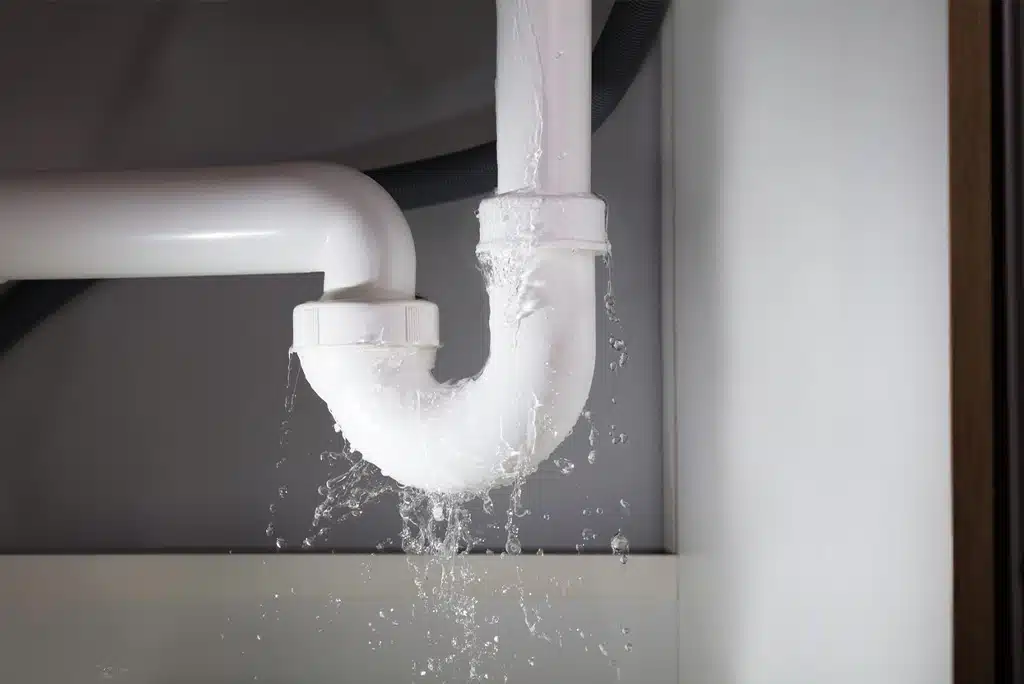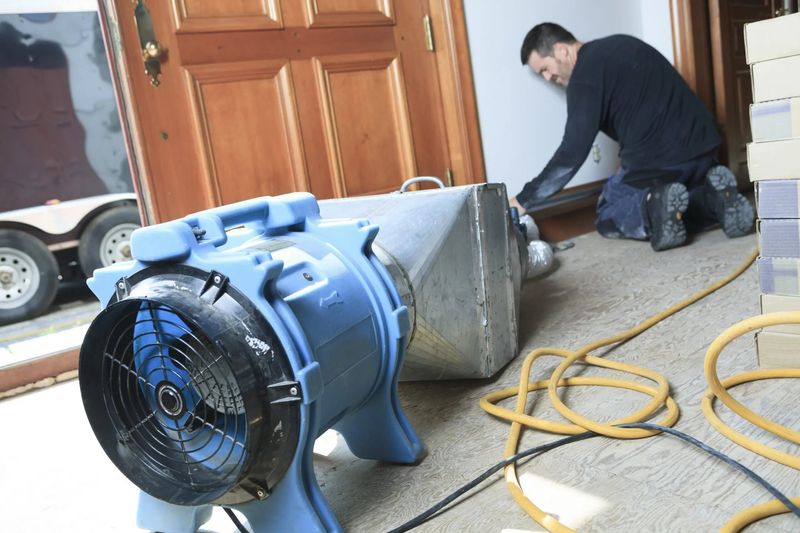How Refrigerant Works in an Air Conditioning System
Our air conditioning units are incredible devices. Seemingly by magic, they remove heat and humidity from our spaces and circulate cool, refreshing air back into them. Many essential HVAC components work together to accomplish the air conditioning process, but none, pershaps, are as integral to cooling as refrigerant. Read on to learn more about refrigerant and how it works in your air conditioning system. Searching for a “home AC service near me”? Strittmatter Air Conditioning, Heating and Plumbing specializes in air conditioning repair, replacement and installation. Call 940-246-2075 today or visit us online to get started.
What Is a Refrigerant?
A refrigerant is a liquid that can easily change from liquid to a gaseous state and back again. That is, the liquid can be boiled into a vapor and condensed from a vapor back into a liquid. In this sense, water can be considered a refrigerant. When it comes to hard-working cooling devices like the fridge or your air conditioner, however, this process must occur continuously and efficiently. For this reason, specialized refrigerants are used. Common refrigerants include R22, R134A and R410A. As environmental laws tighten, certain products, like R22 refrigerants, are being phased out in favor of more eco-friendly options. You can always contact your local HVAC pro with questions about the refrigerant in your unit. The refrigerants commonly used in air conditioning systems consist of a chemical compound with a much lower boiling point than water. That means it takes very little thermal energy to change a refrigerant from liquid to vapor. R410A refrigerant, for example, has a boiling point of around -55.4°F, which means room temperature air can easily initiate a change in state from liquid to vapor.
How Does Refrigerant Work?
Your air conditioner’s compressor places refrigerant under high pressure, forcing it to move throughout the system. Refrigerant enters the compressor in a liquid state, where it’s changed into a high-pressure, high-temperature gas or vapor. Next, refrigerant moves to the outdoor condenser unit, where unwanted heat is released to the outside air. In order for this release to occur, refrigerant needs to be at a higher temperature than the outdoor air surrounding it. The greater the difference in temperature, the easier this heat transfer process will be. This is why your unit tends to work harder on excessively hot days. As refrigerant travels through tubes in your condenser unit, fans may blow across it, cooling it down until it returns to a liquid state. At this point, refrigerant moves through a thermal expansion valve and into the unit’s evaporator. Here, a fan blows warm indoor air across the evaporator coil. As the refrigerant is now cooler than the indoor air, it absorbs this thermal energy and warms back up into its vapor state, carrying the heat absorbed from your home along with it. Refrigerant moves back to the condenser, releases the indoor heat it absorbed and the process repeats. This happens continuously as your air conditioner runs its cooling cycles.
Refrigerant and Hvac Maintenance
There is a common misconception that refrigerant levels decrease over time and need to be “topped up,” but this isn’t true. The refrigerant in your unit moves within a closed system—the amount of refrigerant never changes. When homeowners experience HVAC issues related to low refrigerant levels, it indicates a refrigerant leak or a unit that was undercharged with refrigerant in the first place. It can be tough to know when you are dealing with low refrigerant. Keep an eye out for the following signs:
- It takes a long time for your air conditioner to cool your space.
- Vents do not blow out cool air.
- Utility bills are higher than normal.
- Your unit never seems to reach the temperature you set on the thermostat.
- Hissing or bubbling noises in your unit.
- The presence of ice on refrigerant lines or on the evaporator coil.
If you suspect a refrigerant leak or that your unit was undercharged with refrigerant upon installation, contact your local Flower Mound HVAC company as soon as possible. Inappropriate refrigerant levels decrease your unit’s efficiency and increase utility costs. Over time, this can put immense and unnecessary strain on your unit, leading to premature breakdowns and parts failures. Keeping up with annual HVAC maintenance ensures your unit is in ship shape year-round. When you schedule an A/C tune-up with Strittmatter Air Conditioning, Heating and Plumbing, you can rest assured you’re getting the best service in town. One of our fully trained, licensed and insured technicians will clean your unit top-to-bottom, inspect it for loose or worn parts and check refrigerant levels. If there’s an issue, our pros will diagnose the root cause right away and recommend the best course of action to suit your needs and your budget.
Home AC Service in Flower Mound, TX
Now that you have a better understanding of refrigerant and its role in your air conditioner, we hope you can appreciate this amazing home appliance and the importance of keeping all its components clean and in working order. That’s why you need to work with a reputable HVAC company when it comes to maintaining your air conditioning system. While some A/C repairs are easy for the savvy homeowner to DIY, you should never attempt to top off your unit’s refrigerant levels yourself. Doing so can inadvertently cause damage and lead to unnecessary repairs. When you work with Strittmatter Air Conditioning, Heating and Plumbing, you can rely on high-quality service, transparent pricing and a 100% money back guarantee if you aren’t satisfied with our work. We’re proud to offer several financing options for those unexpected repairs and replacements, as well as competitive maintenance plans to keep your unit running smoothly for years to come. Our five-star team specializes in professional cooling, heating and plumbing services in Flower Mound, TX, and the surrounding areas. Call 940-246-2075 today or visit us online to book an appointment. We’re always happy to answer questions and offer expert advice.






